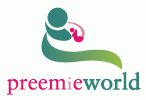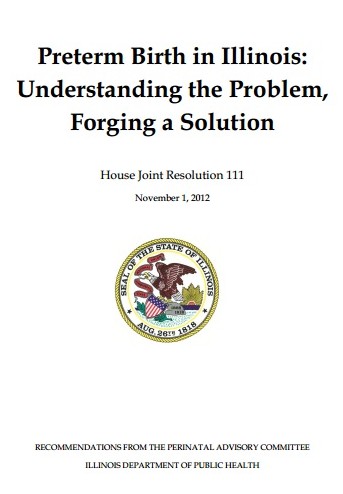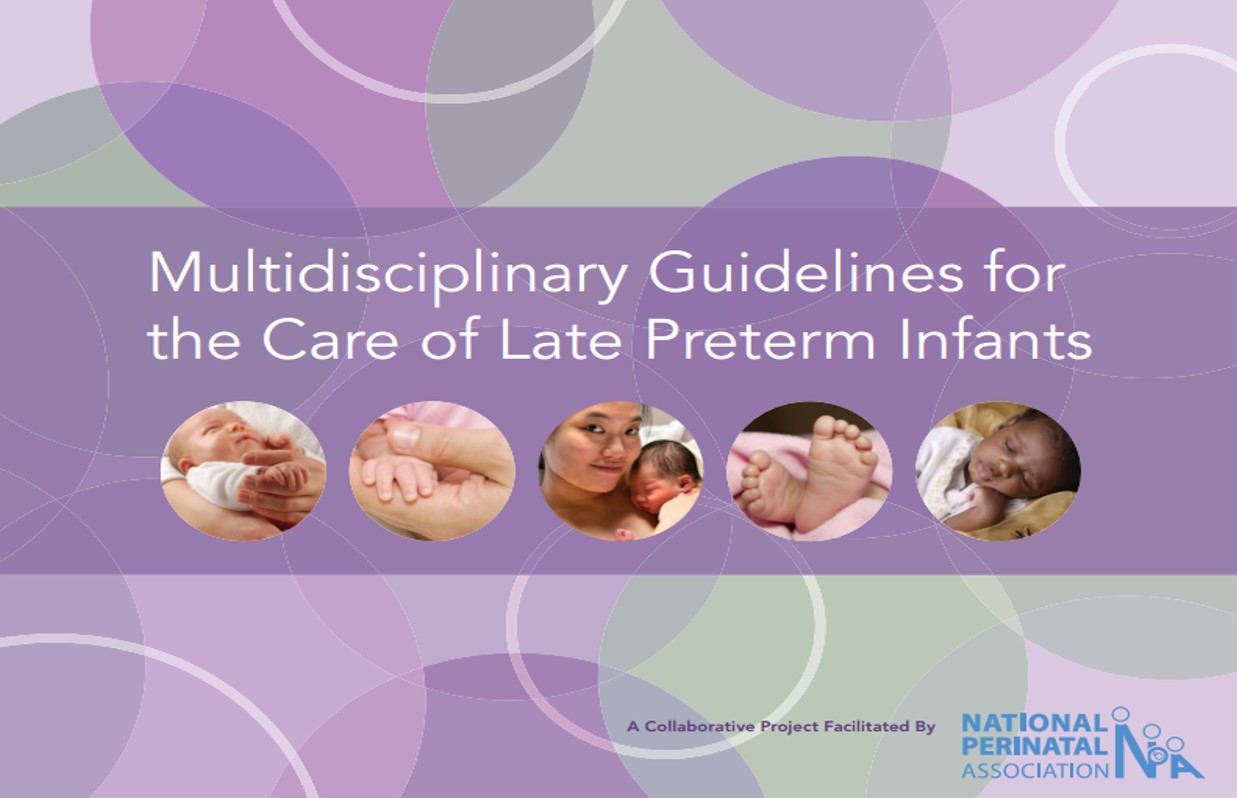In this issue of Preemie Matters: ACOG & SMFM Redefine 'Term Pregnancy' • EverThrive Illinois • U.S. Preterm Birth Rate Drops to 15-Year Low, But Challenges Remain • Insights on Pros & Cons of Private NICU Rooms
ACOG & SMFM Redefine 'Term Pregnancy'
In a joint Committee Opinion, the American College of Obstetricians and Gynecologists (ACOG) and the Society for Maternal-Fetal Medicine (SMFM) have redefined 'term pregnancy' and the parameters of preterm birth. The new Committee Opinion replaces 'term' with a series of more specific labels: 'early term,' 'full term,' 'late term,' and 'postterm.' The change of definition is intended to prevent early elective deliveries, support high-quality prenatal care, and improve data collection, reporting, and clinical research. Learn more from ACOG.
EverThrive Illinois
EverThrive Illinois, formerly the Illinois Maternal and Child Health Coalition (IMCHC), works to improve the health of women, children, and families through community engagement, partnerships, policy analysis, education, and advocacy. EverThrive works with 90+ members in maternal and child health, through various programs including the Illinois Premature Infant Health Network (IPIHN), which brings together physicians, hospitals and community and health organizations to increase quality health care access for premature infants and their families in Illinois. IPIHN recently hosted a legislative dinner on November 6th in partnership with the Illinois Prematurity Caucus, attended by 16 legislators and 35 guests.
U.S. Preterm Birth Rate Drops to 15-Year Low, But Challenges Remain
March of Dimes has released its annual Premature Birth Report Card with the most recent data on prematurity in the United States. The 2012 the U.S. preterm birth rate dropped for the sixth consecutive year to 11.5 percent. This represents a 15-year low. And six states - Alaska, California, Maine, New Hampshire, Oregon, and Vermont - earned an "A," as their preterm birth rates met the 9.6 percent goal. Nineteen states earned a "B," 17 states and the District of Columbia received a "C," five states got a "D," and only three states and Puerto Rico received an "F" on the report card. The nation as a whole again earned a "C." Among the ongoing challenges: The gap between blacks and whites has been slowly narrowing, but the preterm birth rate among non-Hispanic blacks is still more than 1.5 times the rate of non-Hispanic whites.
Insights on Pros & Cons of Private NICU Rooms
In the NICU, maybe not all silence is golden? A study published in The Journal of Pediatrics provides new insight on the pros and cons of private neonatal ICU (NICU) rooms. "Current practice tells us that we should minimize the amount of stimulation to the baby, so you would think that babies in private rooms would do better - but we found the contrary," said the study's first author, Bobbi Pineda, PhD, of Washington University. The observational study used comprehensive neurobehavioral testing and brain imaging with MRI. At discharge, preterm infants in NICU private rooms tended to show abnormalities in the structure of the brain's language area compared to those cared for in open wards. And at age two, those who had been hospitalized in private rooms showed poorer language skills. Even controlling for multiple contributing factors, the association persisted, raising questions about sensory exposure and suggesting the need for more research on optimal NICU environments.
Sources:
Information is reported as provided and does not necessarily represent the view of the National Healthy Mothers, Healthy Babies Coalition. A complete copy of HMHB’s disclaimer is available on our website.



